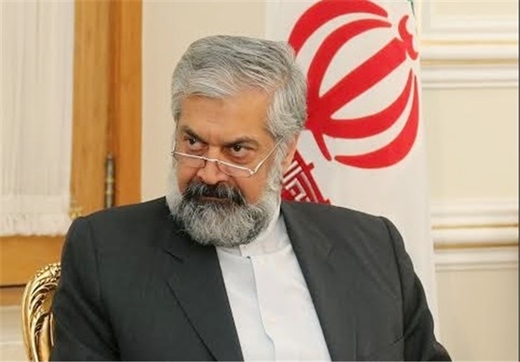Iranian Deputy Foreign Minister Morteza Sarmadi deplored as “unacceptable” the politicization of the issue of humanitarian aid to Yemen, and urged international bodies to fulfill their duties in the facilitation of aid delivery to the war-torn country.
People in Yemen are suffering from adverse conditions, but it has got difficult to deliver humanitarian aid to the Arab country, Sarmadi said in a Wednesday meeting with the visiting Chairman of the International Committee of the Red Cross (ICRC) Peter Maurer in Tehran.
He stressed that the “politicization of aid delivery to Yemen is in no way acceptable,” and asked international bodies to break the siege and facilitate the delivery of humanitarian aid to the country.
“Unfortunately, international standards are not observed in sending humanitarian aid to Yemen,” he went on to say, urging the ICRC and the international community to do their responsibilities in this regard.
Making the world’s public opinion aware of the opposition of certain countries to humanitarian aid to Yemen can be effective in ending the blockade, he explained.
Maurer, for his part, said that ICRC’s main problems in countries like Yemen, Syria, and Iraq is ensuring the delivery of aid to the people in need.
“We should find a way to enable the delivery of humanitarian aid to Yemen,” he stressed, warning against the dire situation in the country after the collapse of social and health infrastructure.
The shortage of water, food, medicine, power, and medical equipment has greatly hindered the aid delivery, he added.
On March 26, Saudi Arabia and some of its Arab allies began to launch deadly air strikes against the Houthi Ansarullah movement in an attempt to restore power to the fugitive former President Abd Rabbuh Mansour Hadi, a close ally of Riyadh.
According to Yemen’s Freedom House Foundation, the Saudi airstrikes have claimed the lives of nearly 4,000 Yemeni people so far while more than 7,000 others have been wounded, most of them civilians.
